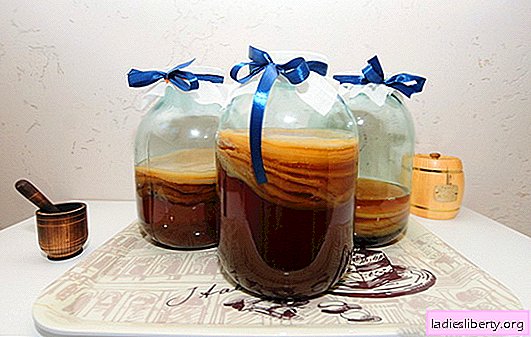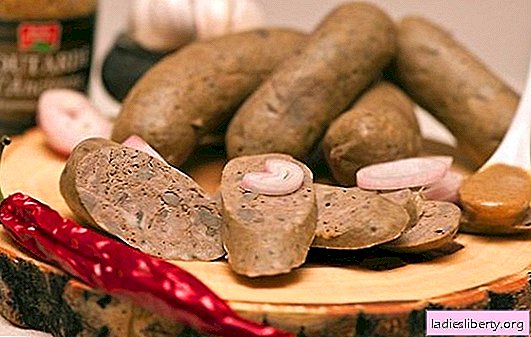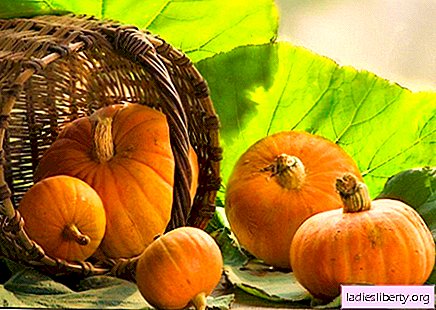
Holidays July 8
All-Russian day of family, love and fidelity
Along with the announcement in 2008 of the “Year of the Family”, another All-Russian holiday, the Day of Family, Love and Fidelity, was established at the initiative of the State Duma deputies. In the same year it was first celebrated. It is surprising that the initiative to celebrate this day was supported by all religious denominations and other similar organizations of the Russian Federation - after all, his idea has no confessional boundaries. Any religion is directly related to all aspects of the family.
The idea of celebrating this day was submitted several years ago by residents of the Vladimir region from the city of Murom, where the holy remains of the reverend spouses Peter and Fevronia, who became the patrons of a sincere Christian marriage, rest. Every year their name day is celebrated on July 8. During their life together, all the features inherent in an ideal marriage were embodied, among them mutual love, piety, fidelity, as well as joint assistance to people in need.
The young holiday of family, love and fidelity already has more than one award and a medal. The symbol of this day is a delicate daisy flower. A truly warm event today will be welcomed in every home.
July 8 on the folk calendar
Day of the Reverend Spouses Peter and Fevronia
As noted above, the holy spouses among the people were revered as the guardians of a warm family hearth and sincere conjugal love. According to one legend, once Prince of Murom of Murom caught an unknown disease that no healer could save him from. Soon a prophetic dream came to him, where he saw a peasant woman named Fevronia. She called him and promised to help him overcome the ailment. Peter immediately ordered to find a peasant person.
When the girl was spotted and brought to the future prince, she set the condition that he would heal Peter if he marries her. They say that it’s indecent for a young girl to live with a man without marriage. Peter took the oath of marriage, but after the peasant helped him overcome the disease, he violated it by sending Fevronia. After some time, Peter's disease broke out with renewed vigor, and he again ordered to bring Fevronia. The offended girl delivered an ultimatum, and Peter fulfilled the promise, which he never regretted again.
Soon Peter inherited the reign, but his entourage was dissatisfied with the fact that he married a commoner, the boyars did not want to obey the peasant woman and put the prince before a choice: either Peter refused Fevronia, or he left the city with her. The couple decided on a desperate step - to leave Murom. In this regard, discontent grew in the city: residents demanded that the couple be returned to reign. The people got their way, and the couple, returning, lived together happily ever after. According to legend, in old age they took monastic tonsure and made a joint promise to die in one day. As if anticipating the impending death, the couple bequeathed to bury them together, however, according to the monastic canons, this could not be allowed, and as a result they were buried separately. In 1541, the church canonized the saints, and also united their relics.
On this day in Russia, many signs were associated with matrimony. For example, one of them said: if a merchant today works all day in a shop with his wife, their family will have permanent wealth. There was also a belief that from that day on, “underwater beauties” of the mermaid began to dance, so swimming in Peter and Fevronia was not recommended so that the river virgins were not dragged away under water.
Historical events of July 8
July 8, 1709 - The Russian army, led by Peter the Great, defeated the Swedish troops of King Charles XII during the Battle of Poltava
On the date of our review, the decisive event of the Great Northern War took place - the Battle of Poltava, the main "heroes" of which were the army of Peter I and the Swedish troops of Karl. After conquering Livonia from Sweden, the Russian emperor founded the fortress city of St. Petersburg, in response to this, Charles decided to capture Moscow and attack all of Central Russia. Only his main mistake was that he moved to the intended target from the southern side through Ukraine - poor climatic conditions prevented him. In addition, on the way to Russia, Karl’s army was repeatedly attacked by Kalmyks and Cossacks. As a result, the Swedish king nevertheless reached Russia on April 30, 1709, but his army was already much thinned by then.
Having reached the intended target, the Swedes began a siege of Poltava. However, her garrison led by Kelin gave an unexpected rebuff to enemies. By June, the main forces of the Russian army, led by the emperor, entered Poltava. Located on the banks of the Vorskla, the army of Peter began to ponder the concept of the decisive battle, which later became known as Poltava. Surviving Swedes and King Karl fled to Bessarabia. It was the Battle of Poltava that strengthened Russia's position during the Northern War, it laid a solid foundation for a number of victories of the Russian army and ensured victory in a grueling war.
July 8, 1944 - Introduction of the title and order "Mother Heroine", "Maternal Glory", as well as the "Medal of Motherhood"
These awards were established by the Presidium of the Supreme Soviet of the USSR in 1944. The title "Mother Heroine" was an award to Soviet mothers who raised at least ten children, provided that all the children were alive. The order “Maternal Glory” was awarded to those mothers who had from seven to nine children dependent, and the “Maternity Medal” was widely used among women with five or six children. As a result, 20 mothers were awarded the Order of Mother Glory of the first degree, twenty-six women received the order of the second degree. The same number of mothers were awarded the Order of the Third Degree. By 1983, the order “Mother Glory”, to one degree or another, received about 4 million large Soviet mothers.
Born on July 8
Ferdinand Von Zeppelin (1838 - 1917) - a German count, an outstanding military leader and a brilliant inventor, who designed and created a rigid airship. Initially, von Zeppelin's projects were ridiculed and harshly criticized by society, but with the successful execution of the plan, the count became world famous.
Arthur Evans (1851 - 1941) - a famous English archaeologist who excavated on the territory of the island of Crete. During another research work in Knossos, Evans discovered the ruins of the palace. According to some archaeological data, Evans became the main reenactor of the political system, religion and stages of development of Cretan society.
Peter Kapitsa (1894 - 1984) - an academician physicist who was awarded the Nobel in 1978 for important discoveries in the field of low-temperature physics. Kapitsa was also the founder of the science of magnetic fields and the discoverer of superfluidity of liquid helium.
Dmitry Pevtsov (born in 1963) - Russian theater and film actor, since 2001 - People's Artist of Russia. Pevtsov's acting career originates from the Taganka Theater. However, he gained popularity in many films, such as "Mother", "Turkish Gambit", "Nicknamed the Beast", "Blind Man", etc.
Name day July 8
Celebrate: Nicholas, David, Euphrosyne, Vasily, Peter, Nikon, Favronia, Fedor, Constantine, Denis, Ada, Kilian, Elizabeth, Rosmislav, Ivan.











